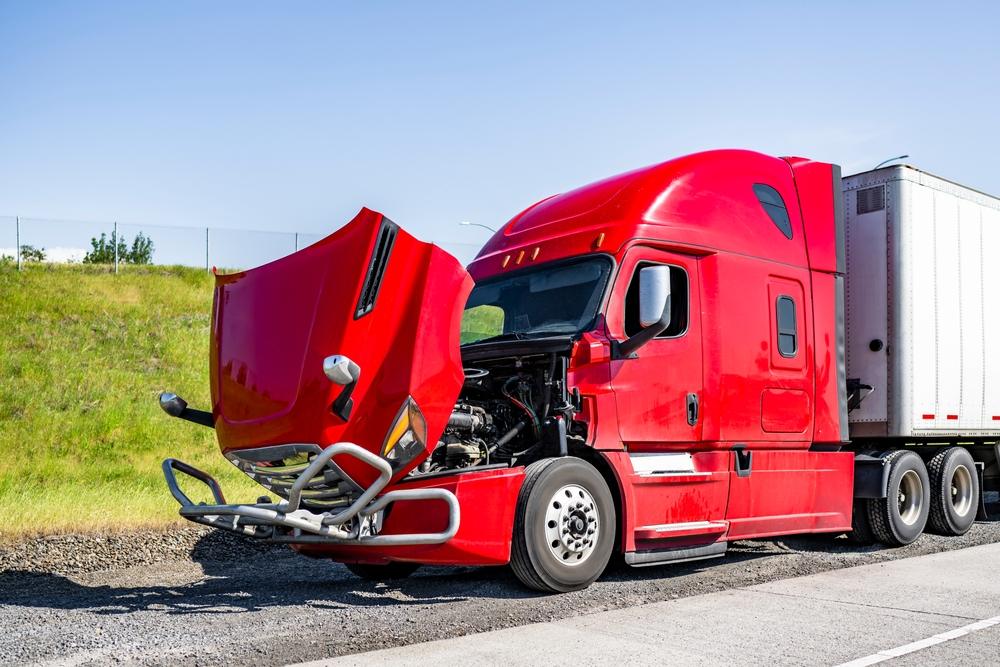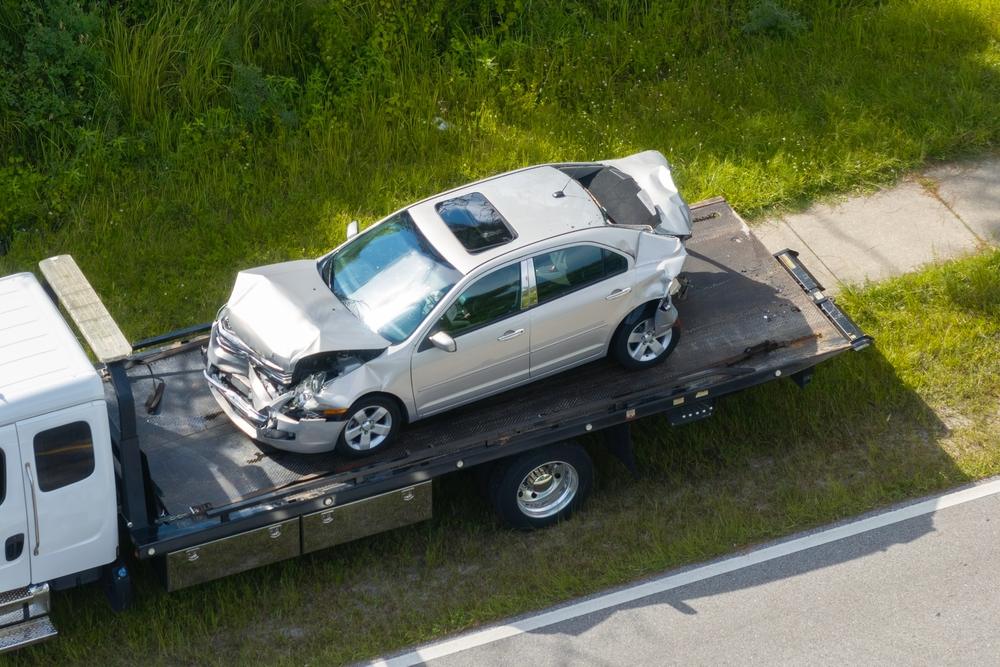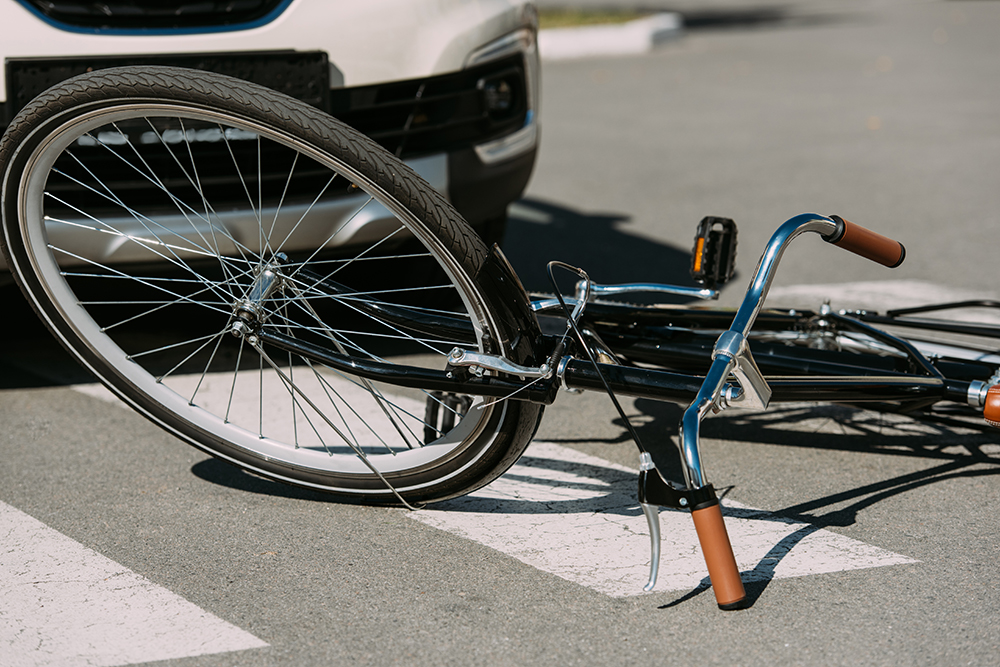
Elevator accidents can be severe, especially when they involve door-sensor failures. If you were injured in one such accident, you may be wondering who is liable for an elevator door-sense failure in Aurora.
Determining who’s liable for an elevator accident requires a thorough investigation. An Aurora elevator accident lawyer can help gather evidence and negotiate with insurers so you can focus on your recovery.
Liability for an Elevator Door-Sensor Failure in Aurora
Liability for an elevator door-sensor failure in Aurora generally falls on parties responsible for the elevator’s design, installation, or maintenance. Potentially liable parties include:
- Elevator manufacturers: If a design or manufacturing defect caused the sensor to fail, the manufacturer may be responsible.
- Maintenance companies: Elevators require regular inspections and upkeep. A company that failed to perform timely maintenance or ignored safety warnings may be liable.
- Building owners: Property owners must ensure that elevators on their premises are safe and properly inspected. Negligence in arranging inspections or addressing known hazards can result in liability.
- Installation contractors: Improper installation of sensors or wiring can lead to malfunctions, making the installation company accountable.
In many cases, liability may be shared among multiple parties. An Aurora elevator accident attorney can help hold them accountable.
How Comparative Fault Works in Illinois
Illinois enforces a modified comparative fault system, which means that as long as you are less than 50% at fault, you can recover compensation for an elevator accident. However, in that case, your compensation will be reduced by your percentage of fault.
If you are found to be more than 50% at fault, you will not be able to recover any damages.
Factors That Influence Liability
Several factors play a role in determining liability in elevator accidents, including:
- Maintenance records: If records show the elevator was inspected and repaired regularly, liability may shift toward the manufacturer. Conversely, missing or outdated records can implicate the maintenance company or building owner.
- Inspection compliance: Elevators must meet Illinois safety standards and undergo periodic inspections. Failure to comply can point to negligence.
- Warning signs: Any prior reports of malfunctions or sensor issues can support a claim of negligence against the responsible party.
- Expert analysis: Elevator accidents often require experts to assess the malfunction, identify the root cause, and testify about industry standards.
How Elevator Door Sensors Work
Modern elevators rely on door sensors to prevent the doors from closing on passengers. These sensors detect movement or obstruction in the doorway and stop the doors from shutting, thereby protecting riders from injury. When these systems malfunction, however, the doors can close unexpectedly, causing accidents. Door-sensor failures often happen for these reasons:
- Mechanical issues in the door mechanism
- Electrical or wiring problems affecting the sensors
- Poor maintenance or delayed inspections
- Malfunctioning software in automated systems
Steps to Take After an Elevator Door-Sensor Accident
If you are injured due to a malfunctioning elevator door sensor in Aurora, follow these steps:
- Report the incident: Notify the building management or property owner as soon as possible and request a copy of the accident report.
- Document the scene: Take photos of the elevator, the sensor, and any visible injuries. Include the time, date, and location details.
- Collect witness statements: Passengers or nearby individuals may have observed the incident and can provide testimony.
- Seek medical attention immediately: Medical documentation will be essential to your claim.
- Contact an attorney: Get in touch with an elevator accident lawyer to discuss next steps.
Common Injuries from Door-Sensor Failures
When elevator doors fail to stop, they can cause a variety of injuries, including:
- Cuts and bruises from doors closing on arms, legs, or fingers
- Broken bones caused by being trapped or falling while trying to escape
- Head injuries from impacts against the elevator frame or floor
- Spinal injuries in cases of severe crushing or falls
- Sprains and strains from sudden movements or falls
- Soft tissue injuries affecting muscles, ligaments, and tendons
- Crushing injuries from the weight of the door or body being pinned
- Emotional trauma from the shock or fear of being trapped
Preventing Elevator Door-Sensor Accidents
Proper maintenance and awareness can reduce the risk of an elevator accident. Elevator owners and operators should:
- Schedule regular inspections and maintenance according to state regulations
- Promptly repair any malfunctioning sensor or door
- Educate building occupants on elevator safety practices
- Keep detailed records of all maintenance, repairs, and safety checks
As a passenger, you should avoid elevator misuse, such as forcing doors or ignoring sensor warnings, to minimize the chance of injury.
Get Help from an Elevator Accident Lawyer in Aurora
Liability for an elevator door-sensor failure in Aurora can fall on manufacturers, maintenance companies, building owners, or installation contractors, depending on the circumstances of the accident. An Aurora elevator accident attorney from Therman Law can investigate your case and help you recover compensation for your losses.
Schedule a free consultation to take the first step toward justice.





